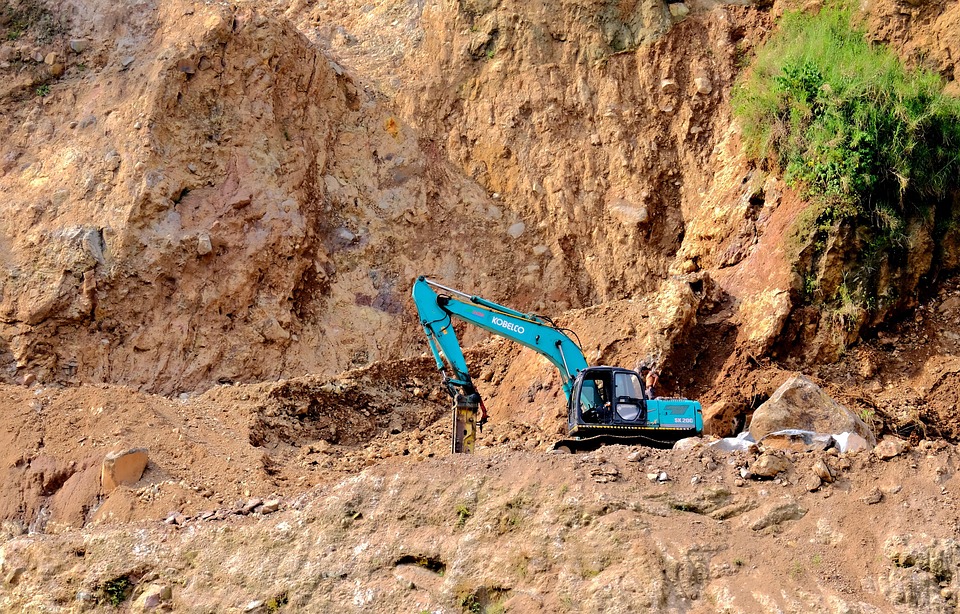Impact of New Tariffs on Bitcoin Mining Ecosystem
Recent changes in import tariffs implemented by President Donald Trump are significantly affecting the Bitcoin mining industry. These developments highlight a growing trend of challenges faced by miners both in the United States and globally.
Challenges for American Miners
American Bitcoin miners are feeling the squeeze due to rising tariffs on crucial technology imports. Kristian Csepcsar, the chief marketing officer of Braiins, a prominent supplier of mining technology, explained that the industry relies heavily on an international supply chain to thrive. The tariffs, particularly on essential hardware such as ASIC chips imported from China, have created substantial financial burdens for miners across the nation.
Tariff Increases and Their Implications
As of last week, an additional 34 percent tariff has been placed atop an existing 20 percent fee on imports from China, effectively raising costs for American miners. This surge in import costs compounds the challenges already faced by the sector, which has been grappling with declining hash prices since 2022. As of 2024, revenue from mining has decreased to a low of $50, adding further strain to profitability.
Global Dynamics and Competitive Markets
The rising costs are paving the way for other countries, such as Russia and Kazakhstan, to assess this situation as an opportunity. These nations offer lower mining costs, making them attractive alternatives for miners looking to evade the financial impact of tariffs in the U.S. Csepcsar notes that it could take a decade for the U.S. to catch up in terms of advanced chip production capabilities, leaving American miners at a disadvantage in the short term.
Broader Implications for the Industry
The ramifications of these tariffs extend beyond just immediate financial struggles for miners. They signify a larger trend regarding the complexities of international trade, technology reliance, and the competitive landscape of the cryptocurrency sector. As miners adapt to these changes, the evolution of Bitcoin mining practices is expected to unfold rapidly, with potential shifts in the global market.
In conclusion, as U. S. miners face heightened import fees amid a challenging revenue environment, the Bitcoin mining landscape could see significant transformations that could advantage countries with more favorable conditions. This situation offers crucial insights into the future of cryptocurrency mining and highlights the importance of watching global trade policies closely. These changes may drive miners to seek out locations with less stringent regulations and lower operational costs, potentially shifting the balance of power in the crypto space. As the industry adapts to these evolving circumstances, it will be essential to understand the new US tariffs and bitcoin impact on both domestic and international players. Ultimately, the way miners respond to these challenges will shape the future landscape of cryptocurrency, influencing everything from innovation to market stability.



